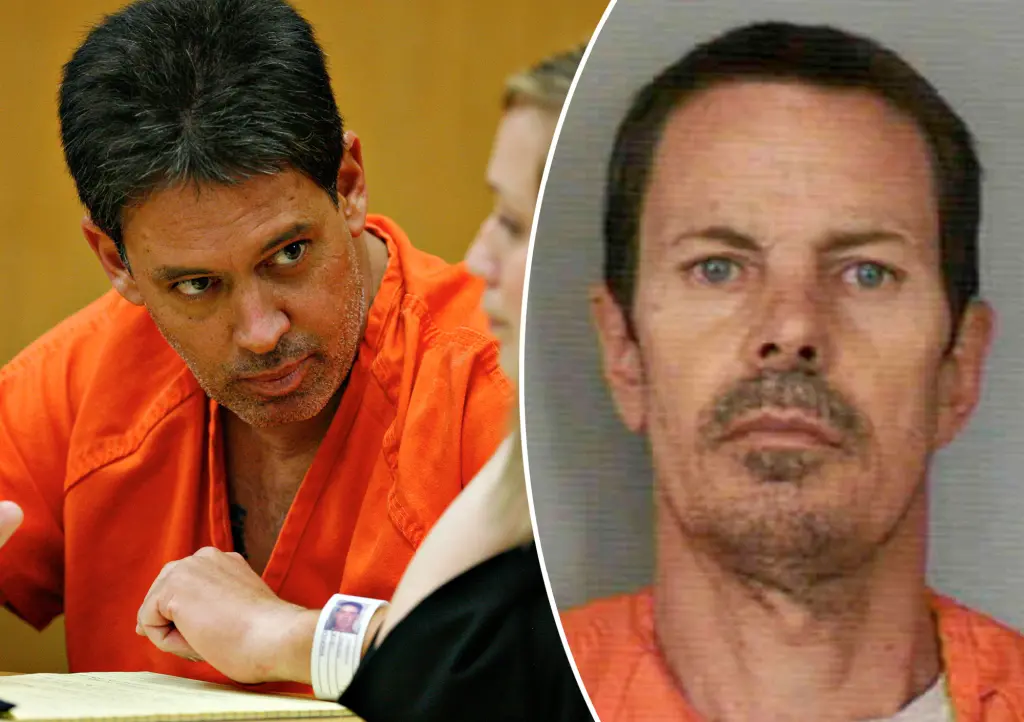Leo Schofield, whose case has gained renewed attention through the ‘Bone Valley’ podcast, has once again been denied parole. Schofield’s case, which has spanned decades, continues to evoke discussions about the criminal justice system and the complexities of parole decisions.
Background of the Case
Leo Schofield was convicted in the late 1980s for the murder of his wife. His conviction has been a subject of controversy and debate, particularly in the light of new evidence and testimonies that have emerged over the years. The ‘Bone Valley’ podcast has brought the case back into the public eye, scrutinizing the details and raising questions about Schofield’s guilt.
Recent Parole Hearing
At his most recent parole hearing, Schofield’s request for release was denied. The decision was made despite the podcast’s revelations and the support from various groups advocating for his release. The parole board’s decision underscores the challenges of overturning convictions or gaining parole in cases with longstanding verdicts, even in the face of new evidence.
‘Bone Valley’ Podcast’s Impact
The ‘Bone Valley’ podcast has played a significant role in highlighting the intricacies of Schofield’s case. It has delved into the evidence, witness testimonies, and the legal proceedings that led to his conviction. The podcast has not only raised public awareness but has also ignited discussions about the potential for wrongful convictions and the role of media in advocating for justice.
Continued Advocacy
Advocates for Schofield, including his legal team and supporters galvanized by the podcast, have expressed disappointment at the parole board’s decision. They continue to advocate for a re-examination of the case, arguing that the new evidence warrants a review of his conviction and parole eligibility.
Legal and Ethical Considerations
The case raises significant legal and ethical questions about the parole system, the finality of convictions, and the avenues available for redress in the criminal justice system. Schofield’s continued denial of parole, despite the questions raised by new evidence, highlights the complexities and often rigid nature of the justice system.
Conclusion
Leo Schofield’s case, as examined in the ‘Bone Valley’ podcast, represents a poignant example of the ongoing challenges within the criminal justice system, particularly concerning parole and potential wrongful convictions. The decision to deny parole again has reaffirmed the difficulties faced by individuals seeking to challenge their convictions long after their initial verdict. As the public and legal debate continues, Schofield’s case remains a focal point in discussions about justice, fairness, and the pursuit of truth in the legal system.
